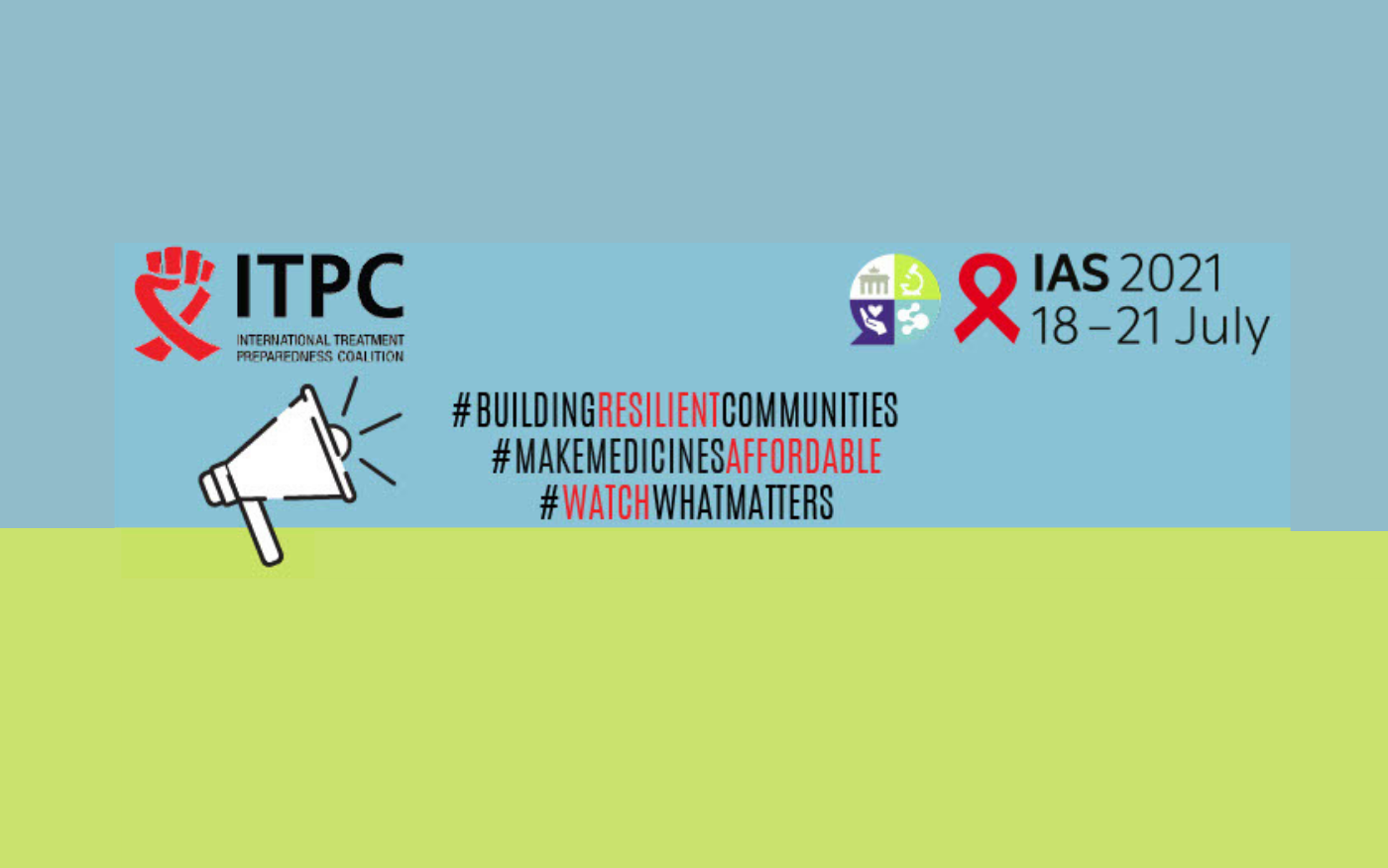The impact of differentiated service delivery during the COVID-19 pandemic is one of the central themes of this year’s International AIDS Society Conference on HIV Science. Wame Jallow, the director of global programs and advocacy at ITPC Global put a spotlight on the issue during a conference panel Monday, titled “How COVID-19 has Accelerated Differentiated Service Delivery for HIV Treatment.”
What DSD actually looks like depends on the context, and needs to be initiated by or be responsive to the specific needs of communities, Jallow said.
“In the COVID context, we have seen lockdowns, changes of policies, real gaps in terms of people’s access to services,” she said. “What that called for is a real push for how we can look at differentiated service delivery and concrete ways in which people are able to access services.”
The introduction of new strategies for delivering HIV services, particularly models that rely on technology, does introduce some access challenges, Jallow said, particularly for the poorest and most vulnerable. She said even with the expansion of differentiated service delivery, it will be important to continue to engage with patients to ensure no one is being left behind.
“What we’re seeing as a result of COVID is more communities monitoring what’s happening, telling us what is happening on the ground,” she said. “We need to really build on that to create services and systems that allow for patients and recipients of care to be at the center of service delivery.”
More from Devex’s “How COVID-19 changed the approach to HIV” here.
And below, more on DSD.
Our Activist Toolkit on Differentiated Service Delivery, launched in 2017, highlights the critical needs and opportunities for reaching adolescents and young people living with HIV.
Available in English and French:
- English: What Works for Us: Youth Advocacy on DSD (PDF)
- Français: Ce qui fonctionne pour nous: playidoyer des jeunes en faveur de la PDS (PDF)
Also available in the complete DSD Toolkit:
